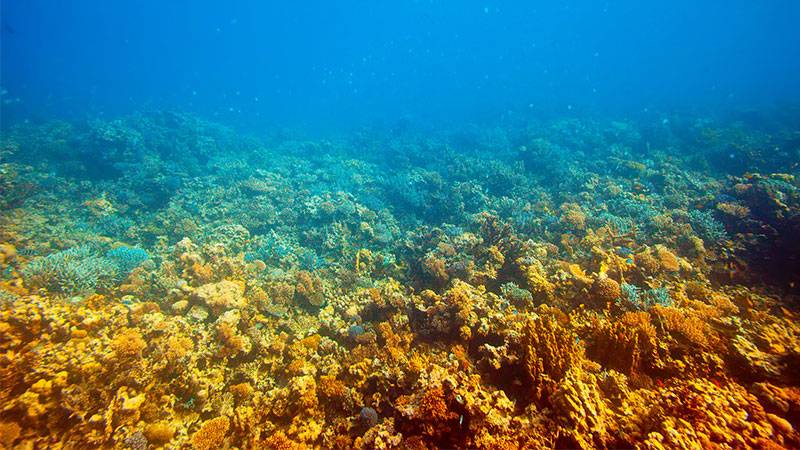In an unprecedented rescue operation, scuba divers, armed with scrub brushes, plunged into Florida’s Alligator Reef in late July, battling the devastating effects of 2023’s marine heat wave. Guided by the interns from Islamorada Conservation and Restoration Education (I.CARE), they worked tirelessly to clear the harmful algae and predators that threaten the fragile staghorn corals.
Typically, this time of year would see I.CARE’s volunteers transplanting corals in an effort to restore the iconic Florida Reef. However, 2023 has upended normal procedures. Rising water temperatures prompted a coalition of scientists from universities, restoration groups, and governmental bodies to initiate a large-scale effort to relocate the corals from the perilously warm waters of the Florida Keys to cooler, safer environments, both in deeper waters and specially-designed tanks on land.
Marine scientist Ken Nedimyer, heading the team at Reef Renewal USA, played a pivotal role in the emergency response. According to The Conversation, they transported an entire coral tree nursery from Tavernier’s shallow waters to a location 60 feet beneath the ocean surface, which was approximately 2 degrees Fahrenheit cooler. But even at these depths, temperatures hovered around an alarming 85 to 86 F (30 C).
The reason for this emergency is the Florida Reef, a critical 350-mile arc responsible for sustaining fish habitats, bolstering coastal defenses against storms, and being a pillar of the local economy. By June 2023, the reef experienced ocean temperatures that broke previous records. The resultant prolonged heat led to widespread coral bleaching – a phenomenon where corals, unable to endure the elevated temperatures, eject their symbiotic algae and turn white.
These bleaching events are not an automatic death sentence for corals. They can recover if conditions stabilize swiftly. Yet, prolonged exposure to elevated temperatures leaves them susceptible to diseases which can prove fatal.
Such challenges are not new to the Florida Reef. Overfishing, diseases, storms, and global warming have plagued it for years. Since 2019, there’s been a concerted effort, spearheaded by the National Oceanic and Atmospheric Administration’s Mission: Iconic Reef, to revitalize the reef with transplants. Now, even these robust transplants face existential threats.
“At the Keys Marine Laboratory, scientists and trained volunteers have dropped off thousands of coral fragments collected from heat-threatened offshore nurseries. Director Cindy Lewis described the lab’s giant tanks as looking like “a MASH unit for corals.”
Corals are foundational to shallow tropical waters. Their unique relationship with microscopic algae enables the creation of calcium carbonate skeletons which, in turn, support nearly a quarter of all marine life. With parts of the Florida reef hitting temperatures in the 90s, these corals are undergoing unparalleled stress.
In response to this crisis, the NOAA’s Coral Reef Watch Network sounded alarms about six weeks earlier than anticipated. They provided scientists with crucial lead time to mobilize resources and volunteers. The Keys Marine Laboratory, for instance, transformed into what Director Cindy Lewis coined as “a MASH unit for corals,” housing thousands of corals transported from the high-temperature zones.
Additionally, I.CARE initiated another emergency strategy. Kylie Smith, I.CARE’s co-founder, spearheaded efforts to remove the fleshy algae which, if left unchecked, increases the chances of coral bleaching. The summer of 2023 saw I.CARE equipping volunteers to rid the reefs of these threats.
In tandem with these efforts, Mote Marine Lab’s BleachWatch program trains volunteers to monitor the health of corals. By equipping scuba divers to identify and report distressed corals, more data is accumulated, enabling better-informed decisions.
While the ongoing marine heat wave will tragically claim some corals, there’s hope. The experiences of 2023 are equipping scientists to better understand and protect the reefs. The united efforts of dedicated individuals, like Smith, Lewis, and Nedimyer, coupled with hundreds of volunteers, exemplify the commitment to preserving the reef. The overarching message? The fight for our planet, and its beautiful reefs, is a collective endeavor.
More inspiring green news similar to this:


